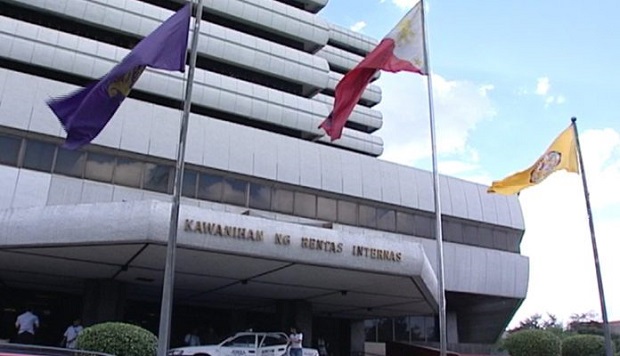The Bureau of Internal Revenue (BIR) has warned social media influencers to pay taxes or face severe consequences.

In a memorandum circular, the BIR said that “social media influencers who willfully attempts to evade the payment of tax or willfully fails to make a return, to supply accurate and correct information or to pay tax shall, in addition to the payment of taxes and corresponding penalties, be liable criminally liable.”
Further, the BIR said social media influencers may also face fines if they fail to provider or file their tax returns. The tax bureau, however, has recognized the importance of these influencers, but reminded them to look at their tax obligations.
“Heavy reliance on social media influencers can be attributed to the belief of such companies that with the authority, knowledge, connection, and reputation the former have established over time, they are able to impact or affect the purchasing decisions and the way of life of their audience or followers,” the BIR memo circular said.
The BIR memo further said, “it has been receiving reports that certain social media influencers have not been paying their income taxes despite earning huge income from the different social media platforms. There are also reports that they are not registered with the BIR or are registered under different tax types or line of business but are also not declaring their earnings from social media platforms for tax purposes.”
“Whatever may be the reasons, it is now the most opportune time to discuss the tax obligations of these social media influencers,” it added.
According to the BIR, “social media influencers” referred to its new circular “includes all taxpayers, individuals or corporations, receiving income, in cash or in kind, from any social media sites and platforms” such as YouTube, Facebook, Instagram, Twitter, TikTok, Reddit, Snapchat, etc. “in exchange for services performed as bloggers, video bloggers or “vloggers” or as an influencer, in general, and from any other activities performed on such social media sites and platforms.”
Unless exempted, “social media influencers shall be liable to income tax and percentage or value-added tax,” it said. Both Filipino and non-Filipino influencers are included, the BIR said.
According to the circular, “a citizen of the Philippines residing therein and domestic corporations shall be taxable on all income derived from sources within and without the Philippines, while a non-resident citizen, resident, non-resident alien, and resident foreign corporations shall be taxable on income derived from sources within the Philippines.”
Under the new memo, self-employed individuals whose gross sales or gross receipts and other non-operating income do not exceed the VAT threshold of P3 million “shall have the option to avail of the eight percent (8%) tax on gross sales or gross receipts and other nonoperating income in excess of two hundred fifty thousand pesos (P250,000) in lieu of the graduated income tax rates.”
In the Philippines, influencers are said to earn millions of pesos by “endorsing” companies in their blog, vlogs, or any other media platforms.




